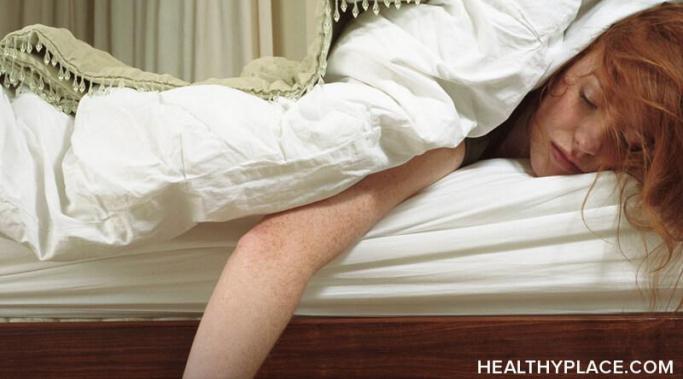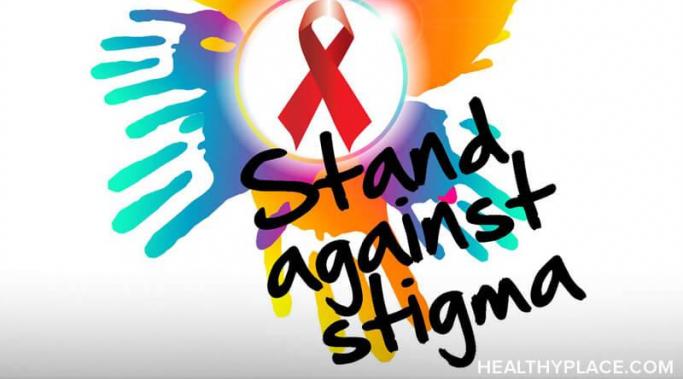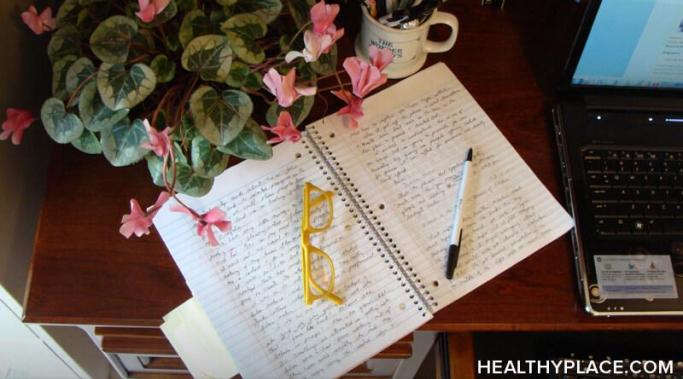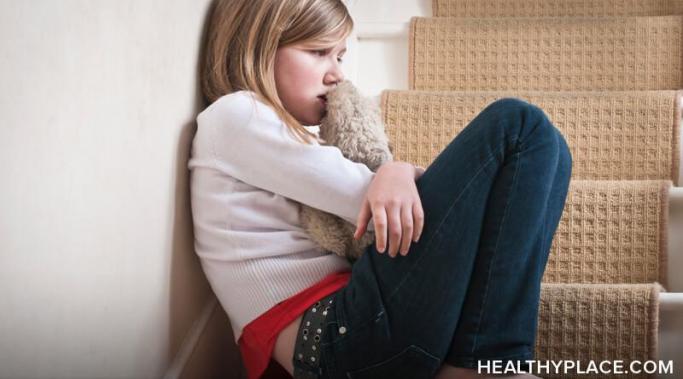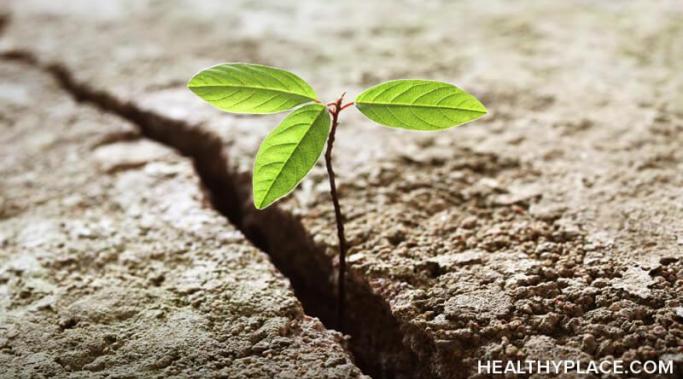Advocacy burnout is a real thing. I once thought of mental health advocacy as a vital component of my recovery process. Being able to speak about things I’d kept silent for so long—depression, anxiety, excoriation (skin-picking) disorder—was freeing. It allowed me to find communities of people who understood and empathized instead of downplaying and stigmatizing what I felt. I would never have imagined I’d get burnout from mental health advocacy, but, truthfully, that’s where I’m at.
Mental Health Advocate
"Everything happens for a reason" is a popular trope in the world of mental health recovery, but personally, I believe it's a lie, and here's why.
Medical trauma is an underrepresented form of trauma that happens all too often to people with mental illness. For example, when I was 19, I sought treatment for what I then thought was bipolar disorder, and the reactions I got from doctors left a psychological wound that still affects me today.
For many people with mental illness, mental health medication and recovery go hand in hand. Unfortunately, psychiatric medication comes with a lot of stigma and stress. There are a lot of people who don't understand how psychiatric medication really works or why it's so important for many people in recovery, and their stigmatized view of medication can stick in our brains long after we've heard them say something.
Countless times, people have told me that a person can only start to heal if they are ready to do the work themselves. They can't be forced into improving their lives. Despite hearing this message over and over, part of me really thought I could convince other people to heal and "get better" if I just said and did the right thing. This probably comes from a history of being responsible for co-regulating my parents' emotions. I grew up having to say and do the right thing to maintain my worth, and for a long time, that felt normal.
Let's face it: there are a lot of aspects of mental illness that can be traumatic, and mental health misdiagnosis can also be traumatic. What happens when we don't even have the mental illness we think we have? I was diagnosed with bipolar disorder six years ago, found out that diagnosis was incorrect two years ago, and now a huge part of my recovery is dealing with the fallout and trauma of that misdiagnosis.
If you've never heard of the term "time-blindness," you aren't alone. I've been researching and writing about mental health for nearly 10 years, and I only heard the term last year, even though it is a major problem for a lot of people, especially those with attention-deficit/hyperactivity disorder (ADHD). Typically on this blog, I talk about how I am recovering from depression and anxiety, but I have strongly identified with the symptoms of ADHD for a few years now, ever since I started reading resources on what ADHD looks like in girls and adults. Once this pandemic is over, I plan on being professionally evaluated to see if I actually have ADHD or if my ADHD symptoms are connected to something else. Regardless of a diagnosis, I definitely experience time-blindness, and it makes life in general difficult, but it can also create big problems for my mental health.
Sometimes childhood trauma is big and obvious, but other times, it's more subtle and insidious. In my case, it took until I was well into my 20s to acknowledge that in many ways, my childhood was traumatic. For a long time, part of me knew that was the case, but I couldn't allow myself to believe it because it would mean everything in my life would change.
Is it possible to be grateful for mental illness? Some days, I hate having mental health issues and would do almost anything to make them go away forever. But other days, on my better recovery days, I'm almost grateful for my mental illness. It feels weird to be grateful for something that makes me so miserable so often, but at the same time, I think it's the natural result of living with a chronic condition. After all, the reality is that I can't make my mental illness go away, so I might as well find some silver linings.
People might think I have my life together, and for the most part, I do. But even after years of recovery, I still struggle. My struggles and how I react to them are different now from when I was first diagnosed, but some days it is painfully clear that recovery is a lifelong battle.
